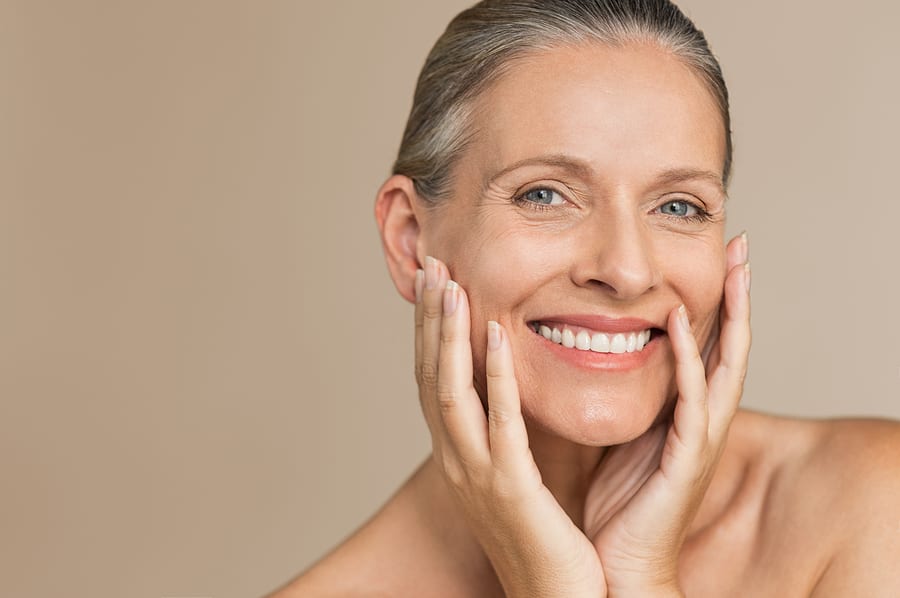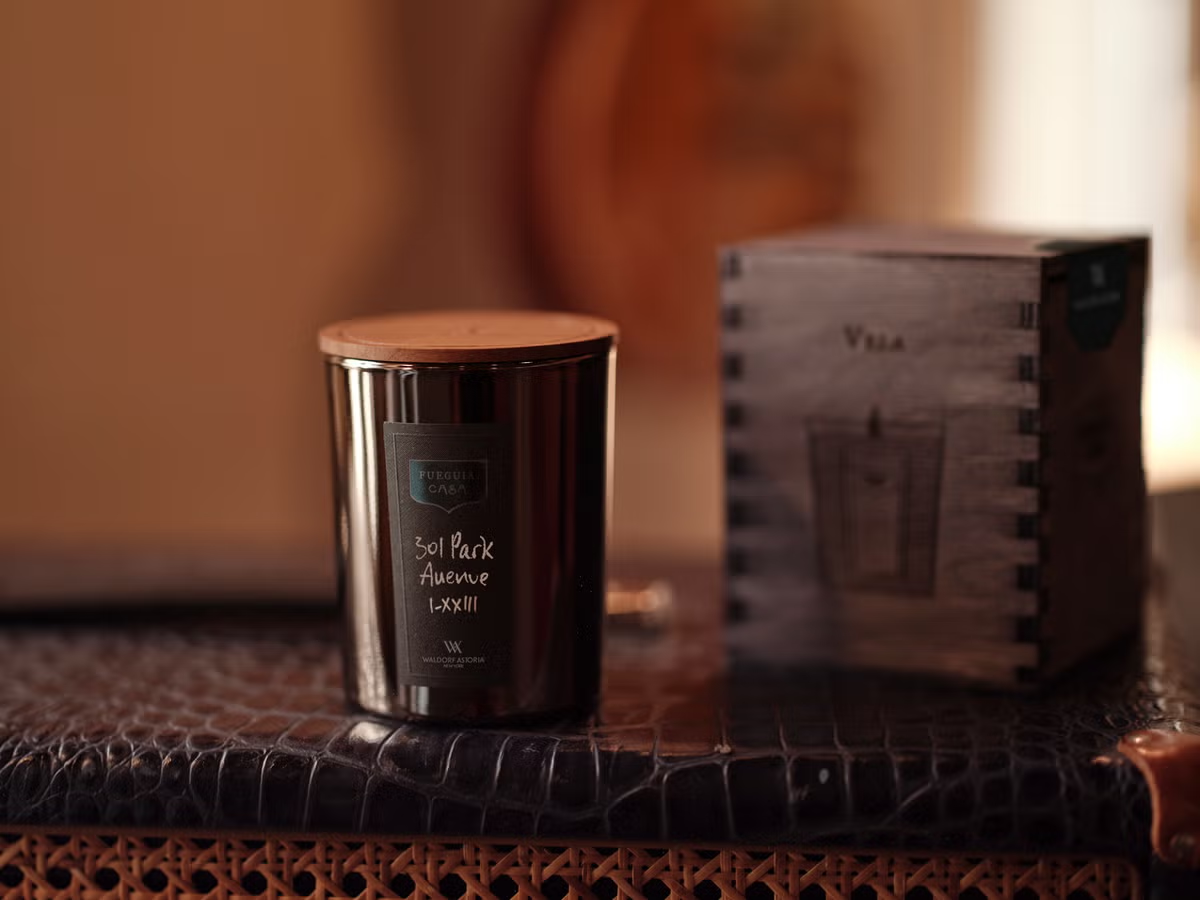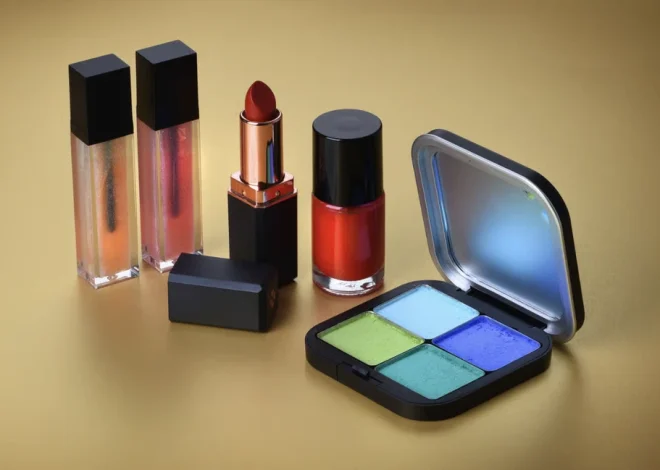What Does Your Skin Need After Menopause?

As menopause becomes more widely discussed, the subsequent stage—post-menopause—also requires attention, particularly regarding skin health. Your skin’s needs evolve during this phase, necessitating adjustments to your skincare routine. We’ve compiled expert advice on how to care for your skin after menopause, focusing on hydration, sun protection, and addressing the natural aging process.
Understanding Skin Changes During Menopause
Menopause introduces a wide range of physical and emotional changes. From mood swings and hot flashes to sleep disturbances and hair thinning, many women face these challenges during the transition. However, skin changes often stand out. “A large percentage of patients report skin and hair changes as the most concerning symptoms,” shares Jack Jia, founder of Musely. These alterations are primarily due to the body’s reduced estrogen production.
The peri-menopausal phase can last up to ten years, gradually reducing estrogen levels, which causes various symptoms. After menopause, your periods stop, and hormonal fluctuations settle. While some menopause symptoms like hot flashes might continue, skin dryness and thinning often persist. This makes caring for your skin even more essential.
What Happens After Menopause?
Once you enter post-menopause, hormonal levels stabilize at a lower level, and most of the disruptive symptoms from peri-menopause begin to diminish. However, issues like dry skin, fine lines, and wrinkles may continue or worsen, as collagen and hydration levels in the skin decrease. “Estrogen deficiency accelerates visible aging signs, such as dryness and loss of skin elasticity,” explains dermatologist Dr. Janine Hopkins. The shift in hormone levels can cause skin to become thinner and more susceptible to aging signs, but this doesn’t mean you can’t keep your skin healthy and glowing.
Addressing Dryness and Loss of Elasticity
Dryness is often the first noticeable symptom after menopause, followed by a decrease in skin firmness. Dermatologists suggest that hydration should be a top priority. “Use moisturizers that contain ingredients like hyaluronic acid, glycerin, and ceramides to deeply hydrate and lock in moisture,” advises Dr. Kally Papantoniou. These ingredients help to retain hydration and support the skin’s moisture barrier, addressing both dryness and thinning skin. Additionally, serums with peptides and antioxidants can aid collagen production, reducing fine lines and improving skin texture over time.
Products such as Simply Serum® CE + Ferulic are recommended for their ability to protect against environmental damage while stimulating collagen production, enhancing the skin’s resilience. Cosmetic chemist Krupa Koestline adds that ingredients like squalene, rosehip seed oil, and sea buckthorn oil can also help boost collagen and elastin, ensuring the skin stays moisturized and more youthful.
Sun Protection: A Must for Post-Menopausal Skin
“Sun exposure can accelerate collagen depletion, leading to premature aging,” warns Dr. Hopkins. Skin that has already been exposed to sun damage may be more vulnerable to further harm, making sunscreen a crucial part of your daily routine. Dermatologists recommend using a broad-spectrum sunscreen with an SPF of at least 30 to protect against harmful UV rays. If you’ve experienced significant sun damage by the time you reach menopause, additional treatments such as vitamin C, antioxidants, or in-office options like lasers and microneedling can help rejuvenate the skin and repair some of the damage.
Making It Personal
Everyone’s post-menopausal skin is different, and your skincare needs will evolve over time. It’s important to adjust your routine to suit your individual skin type and concerns. While some women may benefit from hormone replacement therapy (HRT) to manage skin dryness and other symptoms, this treatment is not suitable for everyone. Always consult with a dermatologist to determine the best approach for your skin’s health in this new stage of life.
At NewBeauty, we strive to provide expert-backed information to help you navigate skincare at every stage of life. Whether you’re dealing with dryness, wrinkles, or pigmentation changes, taking care of your skin post-menopause is entirely possible with the right products and habits.



